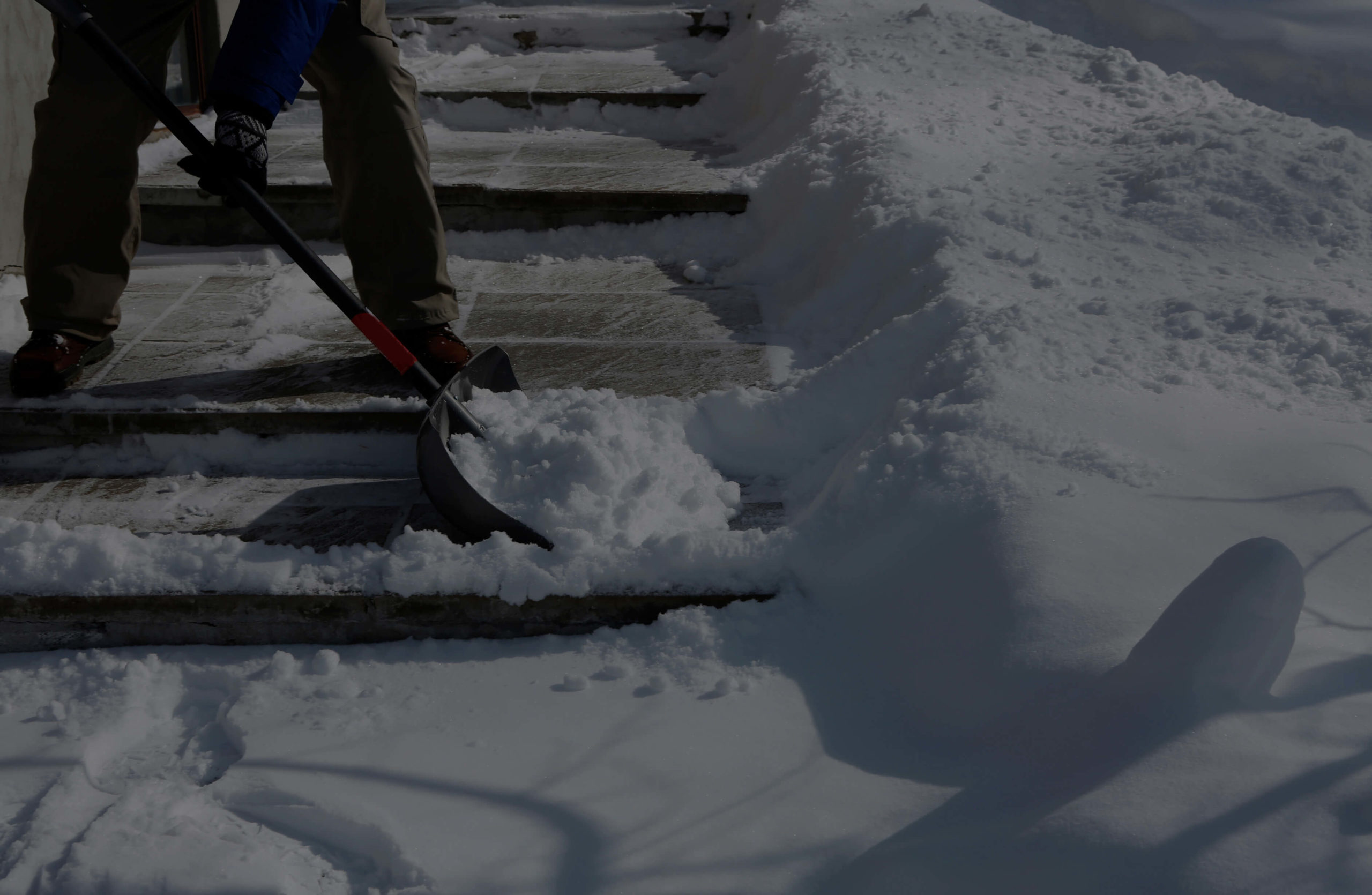On October 24, 2019, New York’s Court of Appeals decided a personal injury case with profound implications for New York City property owners. The Court held that “out of possession” landlords can be held liable for accidents arising from failure to properly maintain sidewalks abutting their properties. Out of possession landlords were previously considered insulated from such claims. Landlords should take note of this very important case and the steps they will need to take to avoid similar, future liability.
The Underlying Lawsuit
The Claimant allegedly sustained injury when he slipped on icy sidewalk adjacent to a Brooklyn, New York storefront. At the time of the accident, the owners had leased the property to a commercial tenant. The lease expressly required the tenant to keep the premises in good repair and the surrounding sidewalks clear of any ice or snow.
The Claimant filed a personal injury lawsuit against the property owners, the tenant and several other parties. The property owners denied liability. According to the owners, the “out of possession” defense applied because they: (1) had leased the premises; and (2) the leased required the tenant to maintain the sidewalks and keep them clear of snow/ice.
The Lower Court Decisions
The trial court rejected the owners out of possession argument, holding that the New York City Administrative Code (Section 7-210) vested the owners with a statutory obligation to maintain abutting sidewalks. Under the Code, the owners could not simply contract away that obligation in a lease.
The New York Court of Appeals Ruling
The Court of Appeals (NY Highest Court) eventually confirmed the trial court decision, agreeing that under Section 7-210 of the Code, the owners had a non-delegable, statutory duty to keep the sidewalks in a “reasonably safe condition” and clear of ice/snow. As such, the Claimant had a right to sue the owners for failure to maintain the sidewalks abutting the property, irrespective of the tenant’s lease obligations.
What Should Landlord’s Do?
Importantly, the Court of Appeals expressly acknowledged that while landlords may have a statutory obligation to maintain sidewalks, owners can contractually require tenants to maintain sidewalks and mandate indemnification from tenants for breach of such maintenance obligations. In short, there is nothing that stops a landlord from imposing a duty on tenants to maintain sidewalks and handle snow/ice removal. There is also nothing that prevents owners from requiring tenants to indemnify landlords for breach of these duties.
As such, it is absolutely vital for landlords to include specific, unambiguous requirements in their commercial or (where applicable, residential) leases that mandate tenants:
- maintain sidewalks;
- handle snow/ice removal;
- comply with all applicable laws, codes, statutes and regulations applicable to the property;
- defend and indemnify landlord for breach of such obligations;
- maintain insurance covering tenant’s indemnity obligations under the lease;
- Include landlord as an additional insured on such insurance for all liabilities arising out of tenant’s use of the demised premises (including abutting sidewalks)
As always, Bolton Street Programs is available to answer any questions you may have concerning this very important development. Should you wish to discuss, please contact Ian Sterling, Programs Team Leader and Business Development at ISterling@sterlingrisk.com or 516-719-8809.



